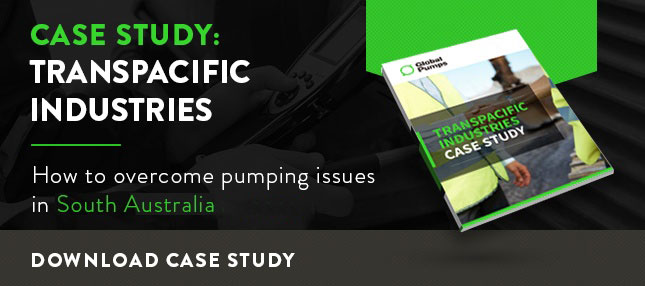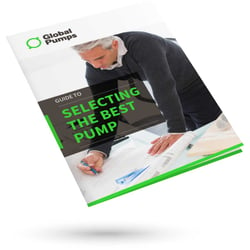
![]()
Continual advancements in materials and pump designs could mean that your pump is out of date. Newer pump systems benefit from innovations making them more efficient and better suited to specific applications, but that doesn't mean you have to upgrade. Sometimes this just isn't cost effective, it all depends on your budget and how well your current pump is performing.
But how do you know when to upgrade?
It's easy to find yourself in continual pursuit of the latest technologies, but this isn't always necessary. What's important is to know when you will benefit the most financially and in terms of performance, from upgrading your pump.
When to Upgrade
Upgrading doesn't necessarily mean replacement. There are times when you might be able to replace the impeller and other parts to significantly improve pump performances. But this is a matter of trial and error. Eventually, older pumps will have to be replaced over time due to wear and tear, then you will have to choose an industry specific pump.
There are three things you need to keep in mind when considering an upgrade:
- Does it Make Financial Sense?: This will bring with it a number of considerations including how old your pump is, how much money you have invested so far in a system, and whether newer pumps are within your budget. Another financial consideration is whether maintenance or replacement makes more sense. There are times when replacing an entire pump is more cost effective than replacing parts or requiring large amounts of maintenance work to be done.
- Will it Improve Performance?: Even if your current pump is working to its factory specifications, this doesn't mean it won't need to be replaced. If newer technologies and pump models offer a significant improvement in performance over what you currently have, you may want to upgrade to reach your overall goals.
- Is Your Current System Still Effective?: The most common reason for looking at a replacement pump is that your current equipment no longer functions to its factory specifications. Perhaps your pump isn't moving the same volume of material at the same rate as it used to do. When efficiency becomes a real issue, it's time to replace your pump.
Assessing Your Pump Performance
Each pump model operates to its own factory specifications. To assess your pump performance you will first need to know how your pump should perform. Consult manufacturer guidelines on pressure and flow, ask yourself: given the setup of my system, the length, width and gradient of my piping and valves used, is my pump operating satisfactorily?
Keep a complete record of all maintenance costs. As mentioned above, there are instances when maintenance becomes less cost effective than a replacement. Look at how often your system has required servicing. How often have you had to order replacement parts? Also, look at the impeller and other parts of your system, are there improvements that can be made? It's not cost effective to replace an entire pump because the impeller is the wrong shape, or you just need to redesign other parts of your system, such as using different valves and pipes.
Ready to Upgrade?If you've taken all of these things into consideration and you feel that your system will benefit from a new pump, feel free to peruse the Global Pumps range. We offer pumps for every circumstance and our equipment is manufactured to industry leading standards, providing our customers with first class pump equipment at an affordable price.


